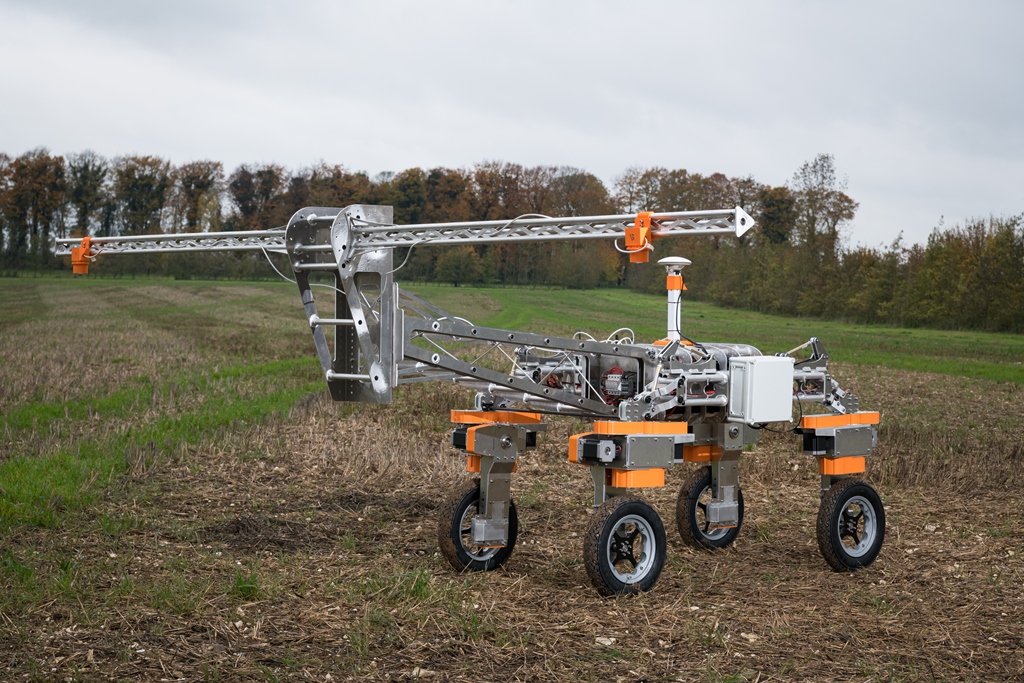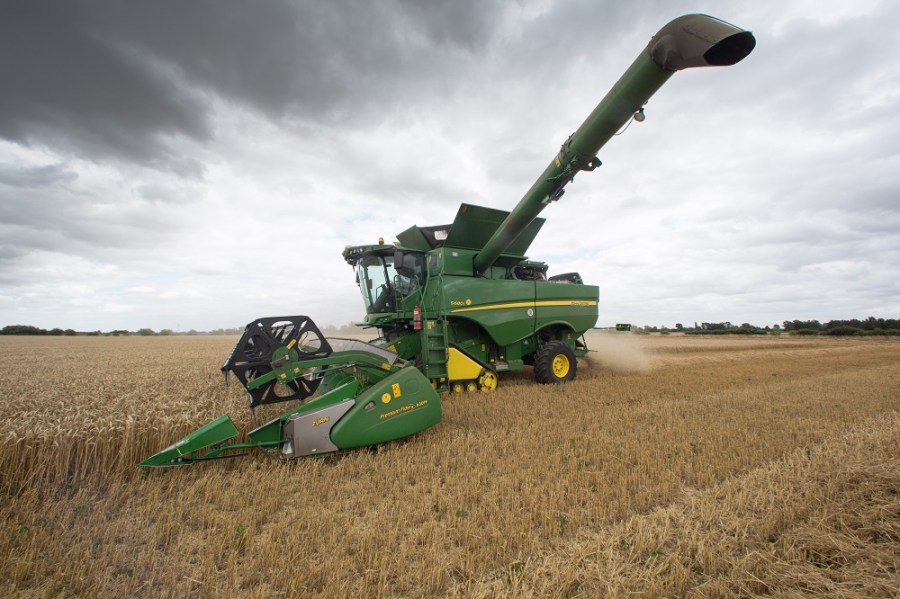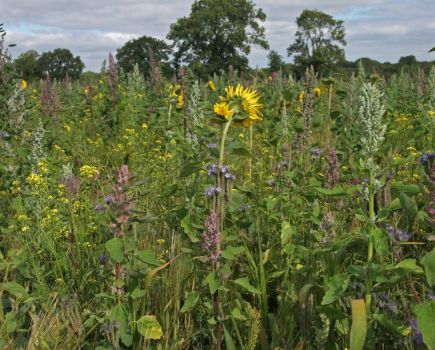While harvest 2020 will be one to remember for the wrong reasons, it could accelerate the adoption of new technology. Charlotte Cunningham reports.
The poor weather experienced this year doesn’t look to be improving anytime soon, with the Met Office expecting these extremes of very wet and dry conditions to become an increasingly frequent pattern as the climate continues to change.
However, this ‘new normal’ presents a pressing challenge for the industry to tackle longer term, according to Small Robot Company’s co-founder, Ben Scott-Robinson. “It’s no surprise that the impact has been hard,” he says.
“Farmers were telling us back in April that they’d been severely hit. The majority said conditions were simply too wet for the machinery and they couldn’t get the crop in as planned. The takeaway from harvest 2020 is that climate impact must have urgent consideration.”
SRC’s Winter Weather farmer survey found that 38% were affected by the wet weather, and couldn’t plant at least a third of what they had planned. 11% of farmers surveyed were unable to plant winter wheat at all, rising to 24% for those on clay soils. Two thirds (63%) had conditions too wet for the machinery and perhaps rather unsurprisingly, this rose to three quarters (76%) for farmers with predominantly clay soils. More than one in ten (14%) experienced noticeable soil run off, while just 8% were largely unaffected by the weather.

Could robots be part of the solution when it comes to tackling the new normal?
The financial impact of this remains to be seen, however three quarters of farmers polled (77%) had incurred additional expenses with the bad weather. Nearly half (46%) feared that planting the crop later would affect tiller count and therefore yield adversely, with nearly a fifth also seeing higher slug impact with the later planting. Nearly a third (29%) also said they would see significantly less financial return on crop.
“One thing is clear,” states Ben. “Farmers believe that had small robots been beetling around drilling last autumn, a lot more crop would have gone in. SRC’s weed zapping robots are also set to help here.”
A major problem cited by those polled was the small drilling window, with the overwhelming majority (84%) noting that if they could’ve planted earlier, without needing to worry about weeds, they could’ve grown winter wheat more successfully this year.
“We’ve been working to progress carbon-positive arable farming, and actively focusing on resilient farming through zero compaction which would have avoided many of the problems this year,” adds Ben. “As an industry – and also from the top of government – it’s critical to consider how best we can future-proof against the coming extremes.
“Government funding for arable technology lags far behind trendier areas like vertical farming and plant-based foods. But this is short-sighted – if nothing else, the COVID-19 crisis has highlighted the importance of food security. We’re talking here about the biggest food crops in the UK – our daily bread.”




